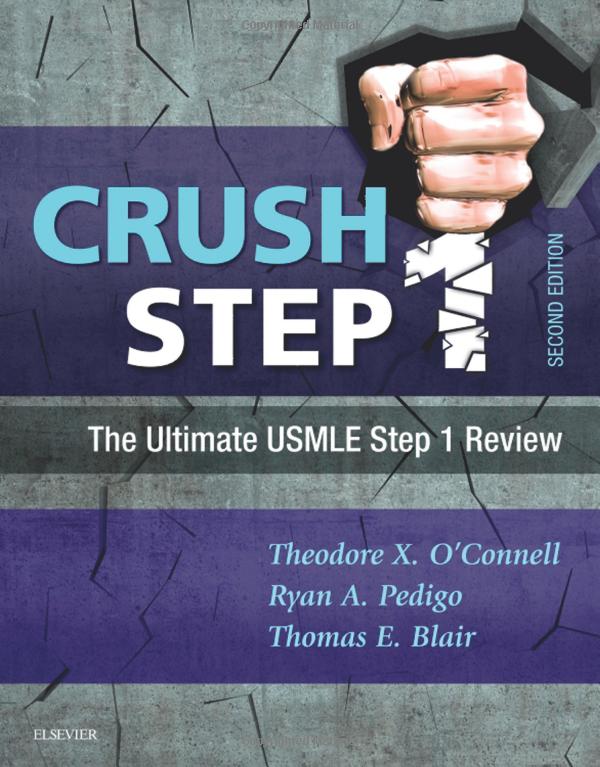A 40-year-old woman presents to the clinic with concerns that her depression has not improved despite treatment with cognitive behavioral therapy and fluoxetine for the past 5 months. When asked about her depression, she states that she can enjoy pleasurable activities briefly before returning to her baseline level of depression. She has also noticed a heavy feeling in her arms and legs and notes that she is constantly hungry. If she doesn't turn on her alarm clock, she sleeps for 12 hours straight which she notes is unusual given that 8 months prior she would naturally wake up after 8 hours.
Which of the following second-line pharmacological therapies is most appropriate to attempt to relieve the patient's depressive symptoms?
D) Tranylcypromine
The vignette describes a case of unipolar major depression with atypical features . First line treatment for unipolar major depression with atypical features is cognitive behavioral therapy (CBT) and selective serotonin reuptake inhibitors (SSRIs). This patient has tried CBT and fluoxetine, an SSRI, already with a minimal improvement in symptoms. A monoamine oxidase inhibitor such as tranylcypromine would be indicated as a second-line treatment option.
Unipolar major depression with atypical features is characterized by mood reactivity (being able to enjoy pleasurable activities, but feeling depressed when the activity is over), hyperphagia, hypersomnia, and leaden paralysis (heaviness in the arms and legs). MAO inhibitors are used as second-line treatments because they can precipitate a hypertensive crisis if tyramine-containing foods are consumed with the medication.
Answer choice A: Buspirone, is incorrect. Buspirone is a 5HT1A receptor agonist used in the treatment of generalized anxiety disorder.
Answer choice B: Citalopram, is incorrect. Citalopram is an SSRI that would likely not be indicated if another SSRI like fluoxetine has been ineffective.
Answer choice C: Lithium, is incorrect. Lithium is used in the treatment of bipolar disorder.
Answer choice E: Venlafaxine, is incorrect. Venlafaxine is a serotonin and norepinephrine reuptake inhibitor (SNRI) used in the treatment of major depression. It is not second-line therapy for major depression with atypical features.
Key Learning Point
MAO inhibitors are indicated as second-line therapy for the treatment of unipolar major depression with atypical features.

